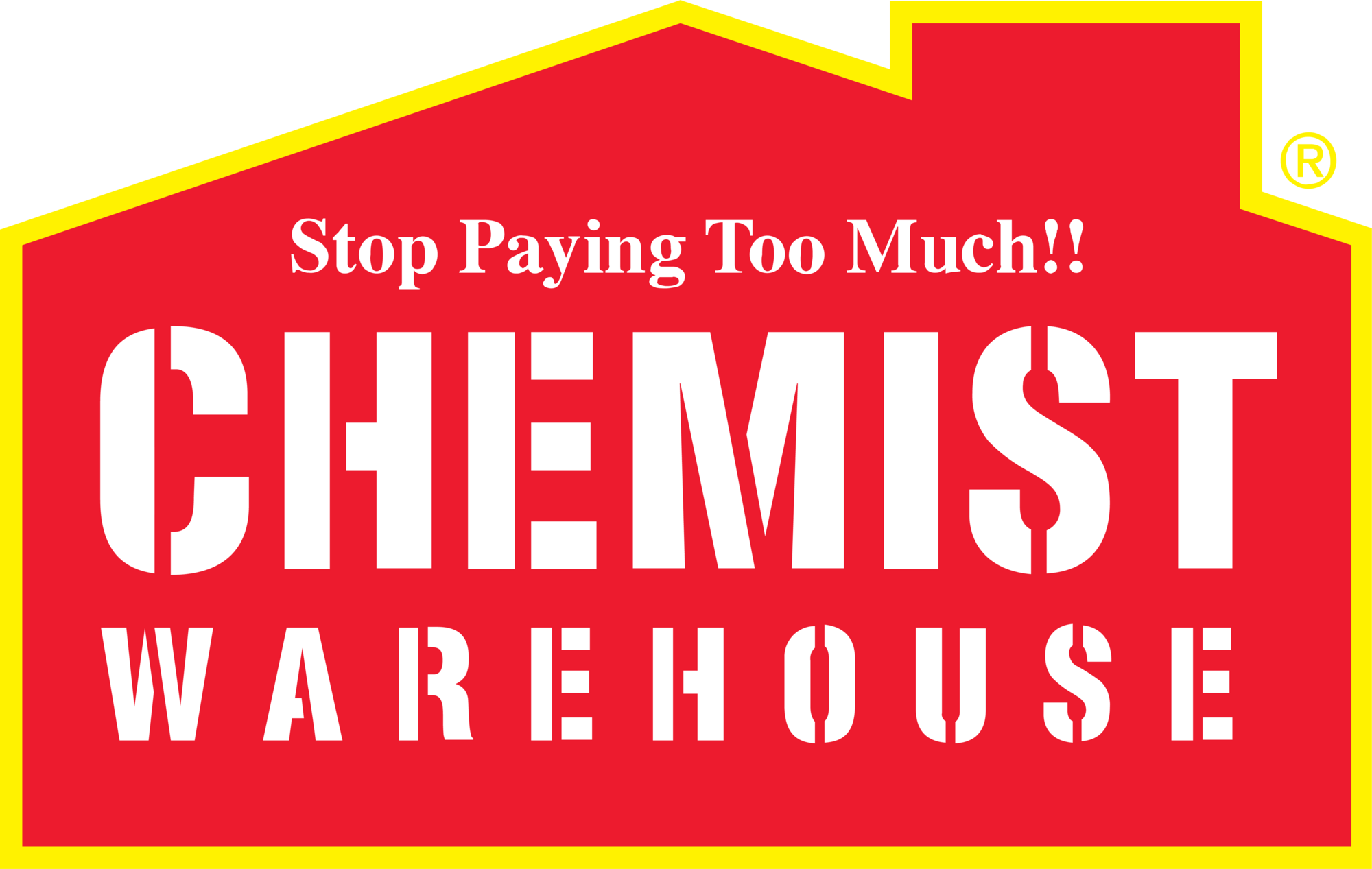
80+ hours of live and recorded video tutorials for the NHRA exam

NHRA Live classes + recorded sessions, study handouts, mock tests, and final NHRA grand test

Adaptive AI-driven NHRA mock tests for pharmacy technicians

One-on-one feedback sessions with the NHRA trainer

Extended access to NHRA Course Trainer

Exclusive tips on approaching the NHRA Bahrain exam for international pharmacy technicians
Why Become a Pharmacy Technician in Bahrain?
BHD 450 - 650
(INR 1L - 1.5L) Monthly Salary For Pharmacy Technicians
1000+
Current Openings for Pharmacy Technicians in Bahrain
0%
Taxes On Income in Bahrain
Our Services Are Way Beyond Exam Preparations!

Resume Tips
Get proven tips from experts on building a robust resume to help you land your dream job.

Interview Preparation
Chisel your interview skills to ensure you mesmerise the interviewers into giving in.

Career Support
Receive support at each step of your journey- during your exam preparation and beyond.
Connect with our 1000+ alumni working at recognised organisations
Ready To Get Started?
Frequently Asked Questions
To become a pharmacy technician in Bahrain, candidates must hold a 2-year diploma in pharmacy and have at least 3 years of work experience in a retail or hospital pharmacy setting. Additionally, candidates must pass the NHRA pharmacy technician exam.
Yes, Bahrain regularly offers opportunities for qualified pharmacy technicians through NHRA-licensed positions in both hospital and retail pharmacies.
To be eligible for the NHRA pharmacy technician exam in Bahrain, applicants need a 2-year diploma in pharmacy and at least 3 years of experience in a pharmacy setting.
The NHRA Exam for Pharmacy Technicians in Bahrain is an exam designed to assess the skills and knowledge of pharmacy technicians seeking registration to practise in Bahrain. This exam consists of 150 Multiple Choice Questions (MCQs) to be completed in 2.5 to 3 hours.
To be eligible for the NHRA pharmacy technician exam in Bahrain, applicants need a 2-year diploma in pharmacy and at least 3 years of experience in a pharmacy setting.
To register for the NHRA Pharmacy Technician exam in Bahrain, you need to first ensure that you meet the eligibility criteria. Once eligible, submit the required documents for verification to the NHRA. After your documents are verified, create an account on the NHRA or Prometric website to register. You can then choose an available exam date and complete your registration by paying the exam fee. After completing these steps, you will be scheduled to take the NHRA Pharmacy Technician exam.
The NHRA Pharmacy Technician exam consists of 150 multiple-choice questions (MCQs). The duration of the exam is typically between 2.5 to 3 hours. To pass the exam, candidates must achieve a minimum score of 60%.
The key topics covered in the nhra pharmacy Technician exam are:
- Pharmacology and Therapeutics
- Pharmacy Laws and Regulations
- Compounding and Dispensing Practices
- Drug Interactions and Side Effects
Calculations Relevant to Medication Dosing
The NHRA Pharmacy Technician licence is valid for 4 years in Bahrain and you can renew it every 4 years.
The costs for taking the NHRA Pharmacy Technician exam are as follows:
- Application Fee: 20 BHD
- Step 1: Data Flow/Document Verification
- Single Document Verification: 33 BHD
- Regular Package: 110 BHD
- Express Package: 145 BHD
- Step 2: Exam Fee: 20 BHD
To prepare for the NHRA Pharmacy Technician exam, start by reviewing the exam syllabus. Use study materials such as textbooks, practice tests, and online resources. Take mock exams regularly to familiarise yourself with the test format and improve your time management skills. Enrol in specialised preparation courses like the NHRA Bahrain exam preparation course for pharmacy technicians to get expert guidance and a structured learning plan.
The DataFlow verification process for NHRA certification involves verifying the authenticity of your educational and professional credentials.
Job opportunities for licensed Pharmacy Technicians in Bahrain can be found on the NHRA website, job portals like LinkedIn and Bayt, by directly contacting hospitals and pharmacies, through healthcare recruitment agencies, or by networking with other professionals in the field.





















